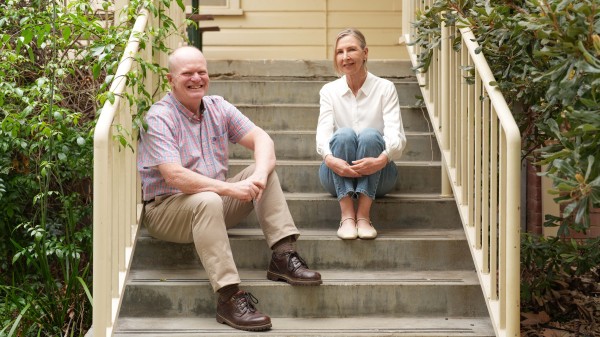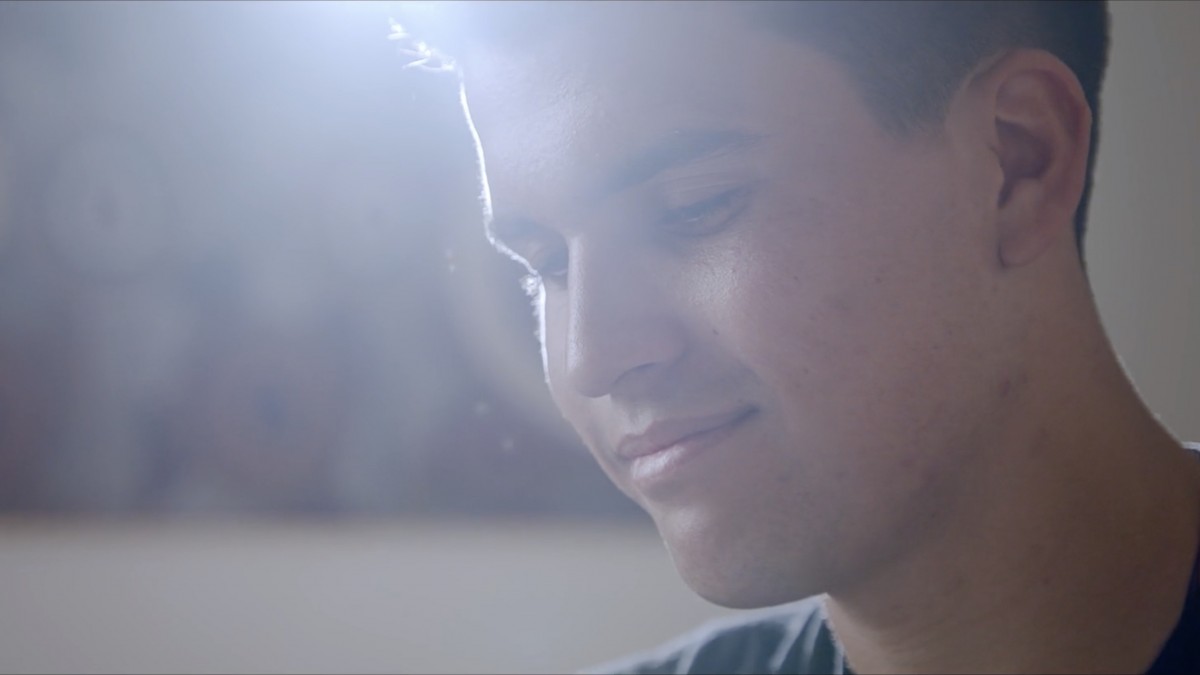Bachelor of Science student Izayah Davis was recently interviewed by Vice-Chancellor Professor Brian Schmidt about his journey to university and his thoughts on Reconciliation Week.
Here is an edited version of Izayah’s replies:
“I'm a proud Bardi Kija man from the Kimberley. I spent my childhood growing up on, and around, country. Then I spent my high school years in Perth, and now I’m fortunate enough to study at this awesome uni, ANU.
“I’m studying health science which is a pretty big passion for me. Ever since I was a kid, I wanted to do something that would help my community when I'm older. I've always felt I have an obligation, and a need, to give back to my mob.
“Obviously, being a kid, I didn't really understand how to get into that kind of position, and that was until my mother went to university. My mother studied at Oxford University and then I realised that going to university was the path I wanted to walk on.
“Back in Broome, and growing up in the communities, poor health was normalised in a sense - not that it should be. But the way you grow up around things like smoking, having lung disease, kidney disease, diabetes, and things like that, it's normalised.
“Going to Perth and going to Oxford helped me realise that this is not normal, this is an issue that needs to be addressed and needs to be taken seriously and can't just be ignored. I think getting this alternative perspective from travelling and seeing outside of my remote community helped me really solidify my passion in health and wanting to help my community.
“I take Reconciliation Week as an opportunity to go out and educate people and, in the nicest way possible, to explain where I come from with my thoughts and views around certain issues with Australia and particularly involving Indigenous people and Indigenous history.
“As I said, I have a personal interest in health, and I'd love to be part of the next generation of doctors that are going to do great things for our remote communities. I think a good example would be the Closing the Gap report and how it’s off-target. That's not good enough for me and, I think, for a lot of Indigenous people.
“Seeing that as a young Indigenous leader, I want to see change, and I know it may not happen in my lifetime. These things take over generations to accomplish and it's not a quick fix—and it should never be a quick fix and it should never be thought about as a quick thing that can be done—but I hope I can at least push to see my people get the health and well-being we deserve.
“We refuse to be ignored and we demand change and I'm looking forward to being a part of that.”
Izayah is a Kambri Scholar, supported by the ANU Tjabal Indigenous Higher Education Centre.










